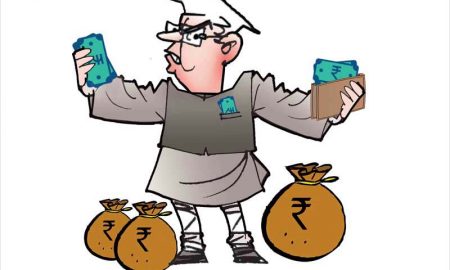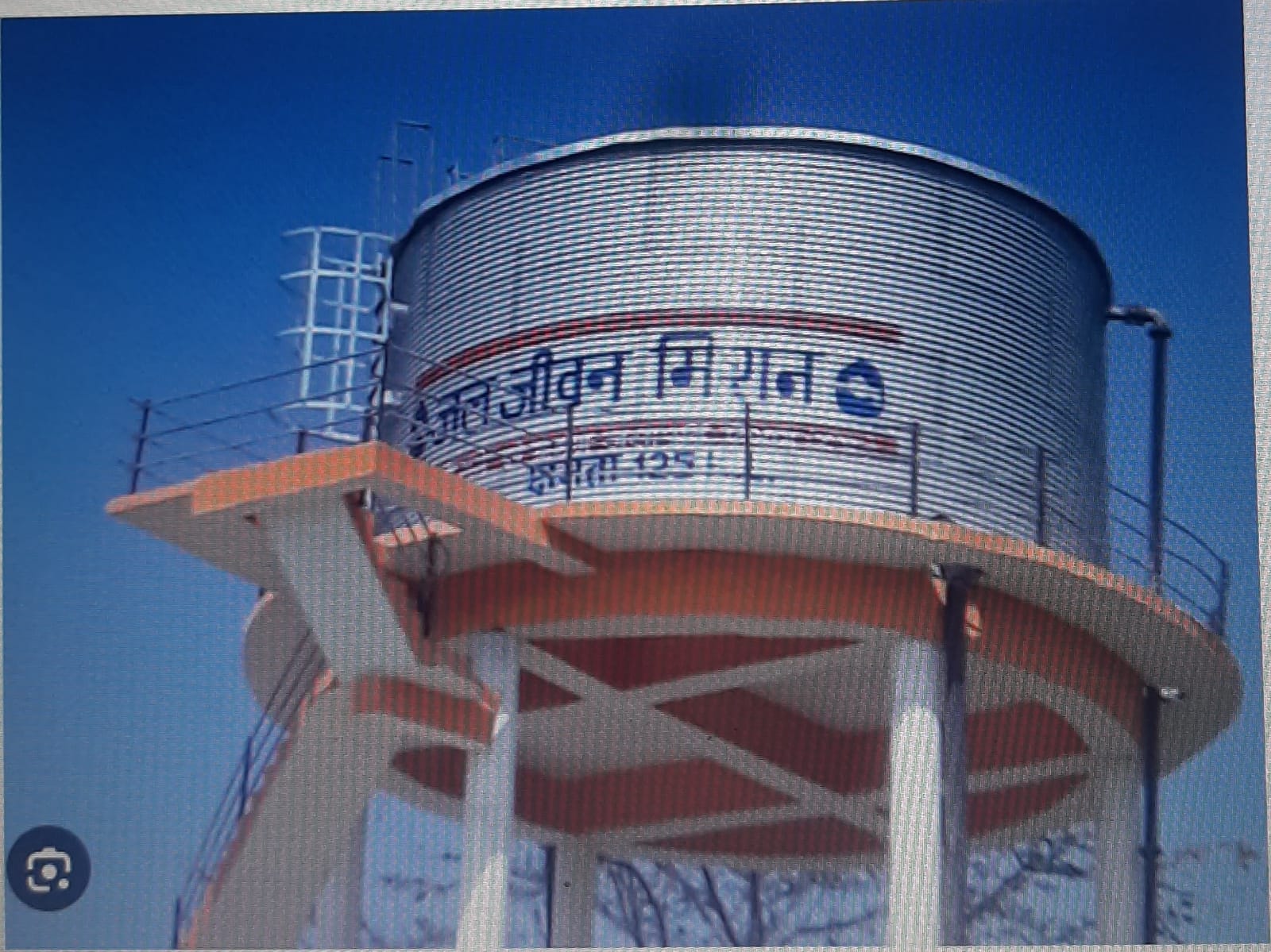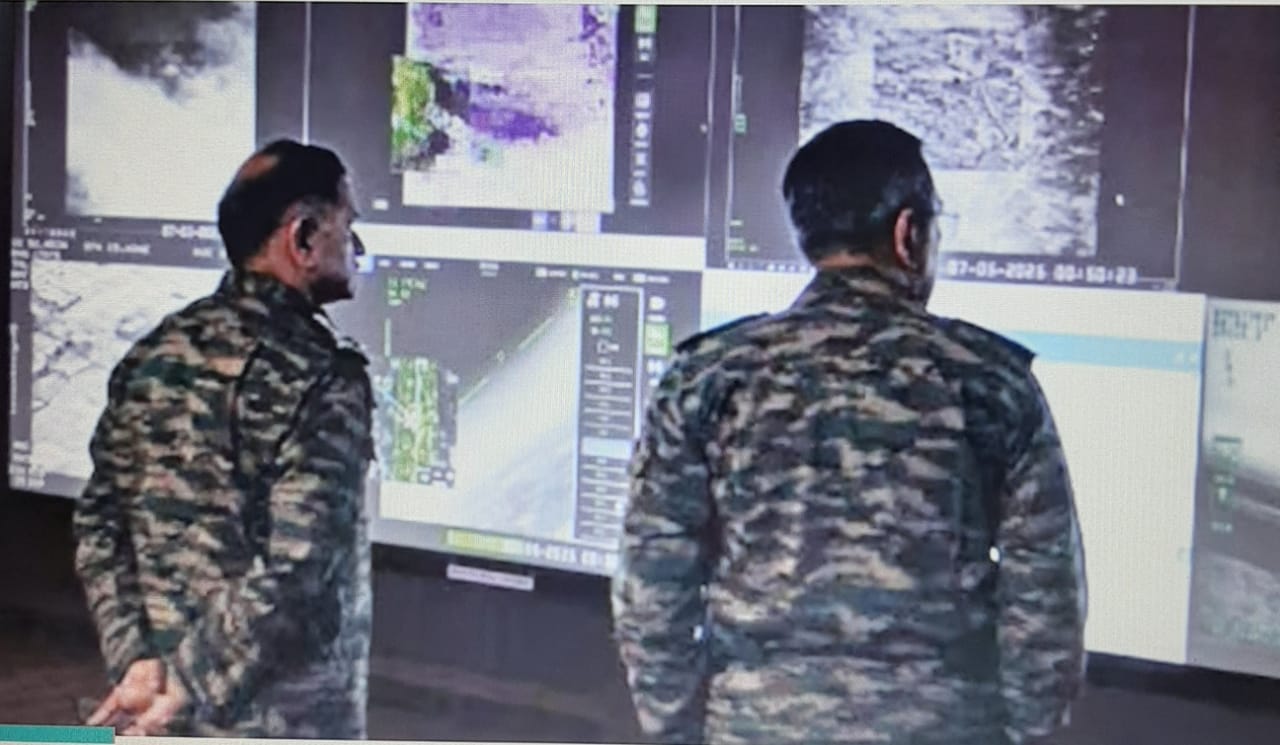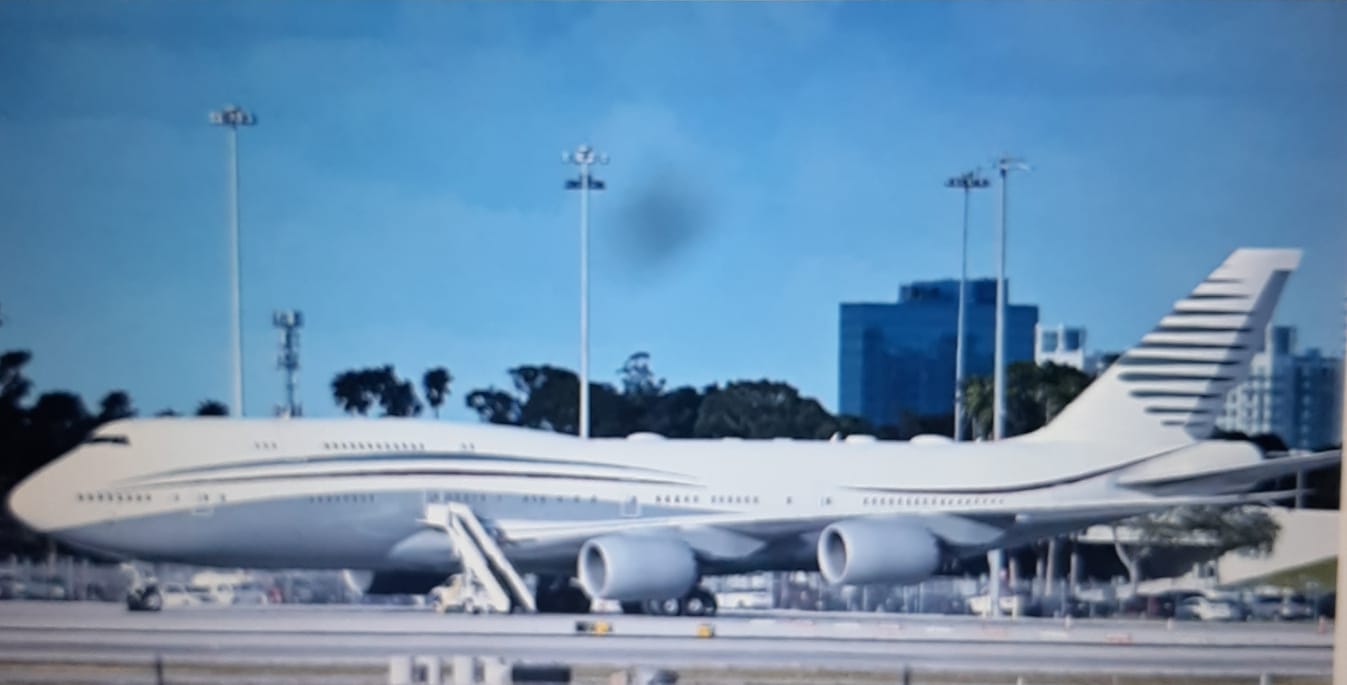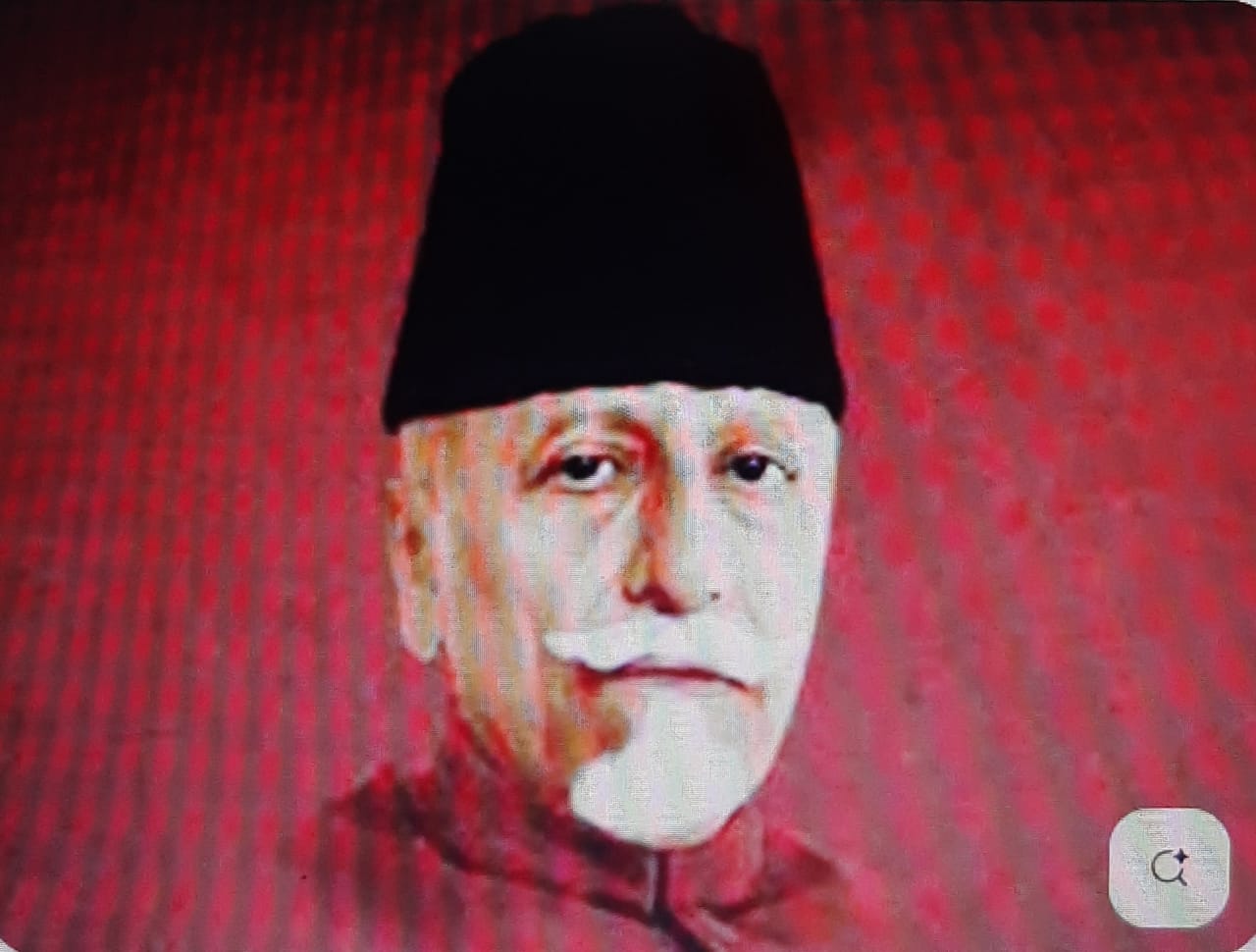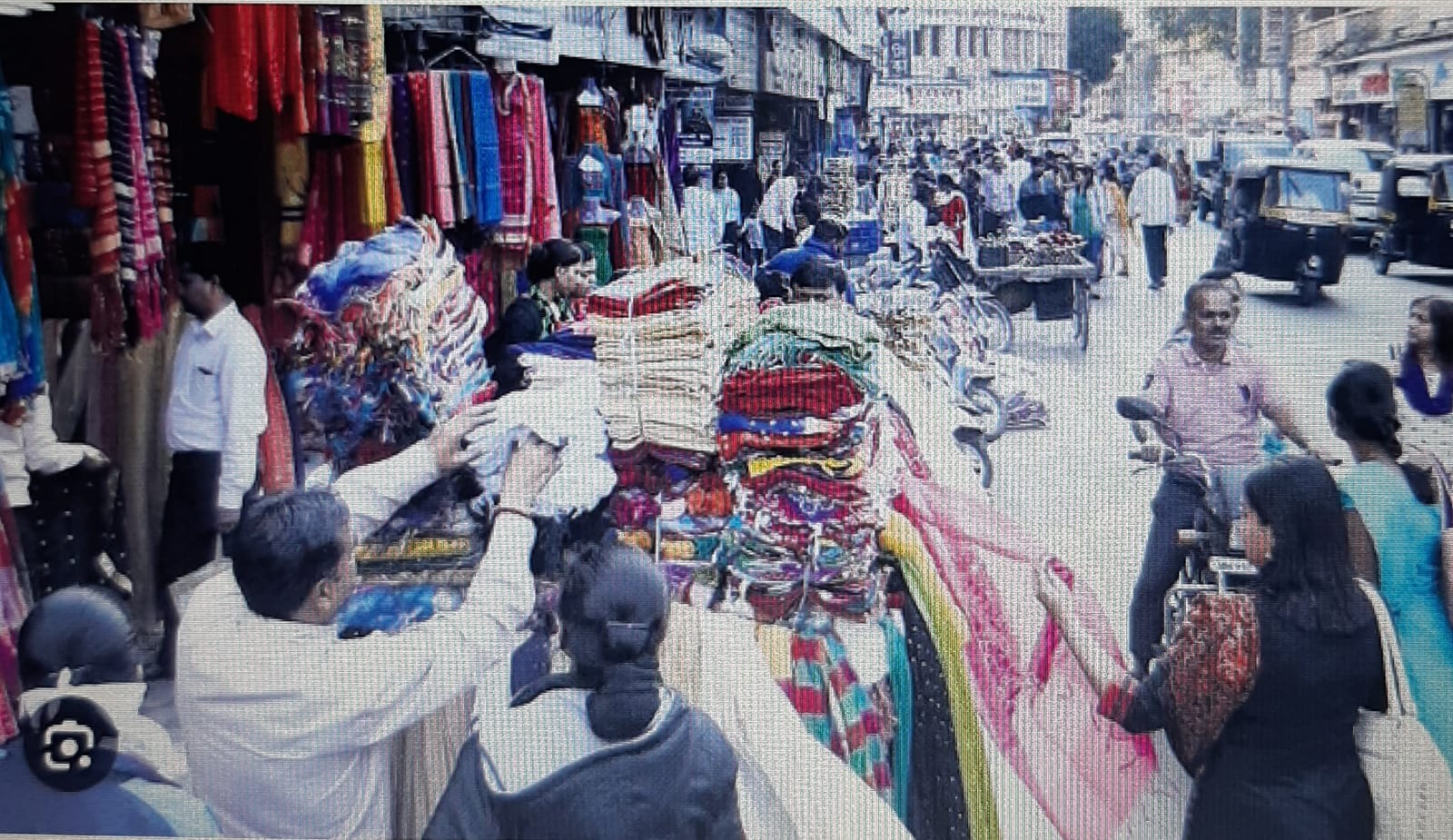
New Delhi, November 4: Pollution levels in Delhi and satellite towns shot up to record levels on Sunday, with the air quality bordering the ‘severe plus’ category at several places. Delhi’s average air quality index (AQI) was recorded at 494, just six points short of the maximum reading of 500 on CPCB’s index. An AQI between 0-50 is considered ‘good’, 51-100 ‘satisfactory’, 101-200 ‘moderate’, 201-300 ‘poor’, 301-400 ‘very poor’, and 401-500 ‘severe’. Above 500 is ‘severe-plus emergency’. On Friday, the city recorded the 24-hour AQI average of 484, which prompted authorities to shut schools, ban all construction activities and declare a “public health emergency”. Delhi was also the most polluted city in the world on Sunday with an AQI (on US scale) of 1,065 at 1.45 pm, almost seven times the number two Lahore’s 163.
Pollution caused a major disruption at Delhi airport on Sunday as around 200 flights were delayed and 37 diverted to other airports due to heavy smog. The principal secretary to the prime minister and the cabinet secretary held a ‘high-level’ meeting on Sunday evening with representatives from Delhi, Punjab and Haryana and decided that the cabinet secretary will monitor the alarming pollution situation on a daily basis. Delhi chief minister Arvind Kejriwal said the issue of pollution should not be “politicised”. A survey of 17,000 respondents from Delhi and NCR region said that over 40% want to move to another city because of bad air quality while 16% want to travel during the period.
As the air quality worsens, Delhi will implement its car-rationing experiment starting today where cars with odd and even number plates will ply on alternate days. First tried out in 2016, this is the third time the scheme will come into force but with a long list of exemptions – VIPs like central ministers and judges, two-wheelers, women driving alone, vehicles carrying school children in uniform etc. Though various studies have been conducted to study the impact of the car rationing scheme in Delhi, there has been no unanimity on the overall impact.
Beijing implemented the odd-even rule between 2008 and 2013. Though the immediate results were positive as traffic on the road reduced and average car speeds increased, people who would normally use public transport began using cars to take advantage of the cut in congestion. People also started buying multiple cars to beat the rule and early gains were lost and the congestion on the roads went up forcing the city administration to restrict vehicle ownership. Meanwhile, Union minister for health Harsh Vardhan on Sunday suggested eating carrots which “help against pollution-related harm to health”.


